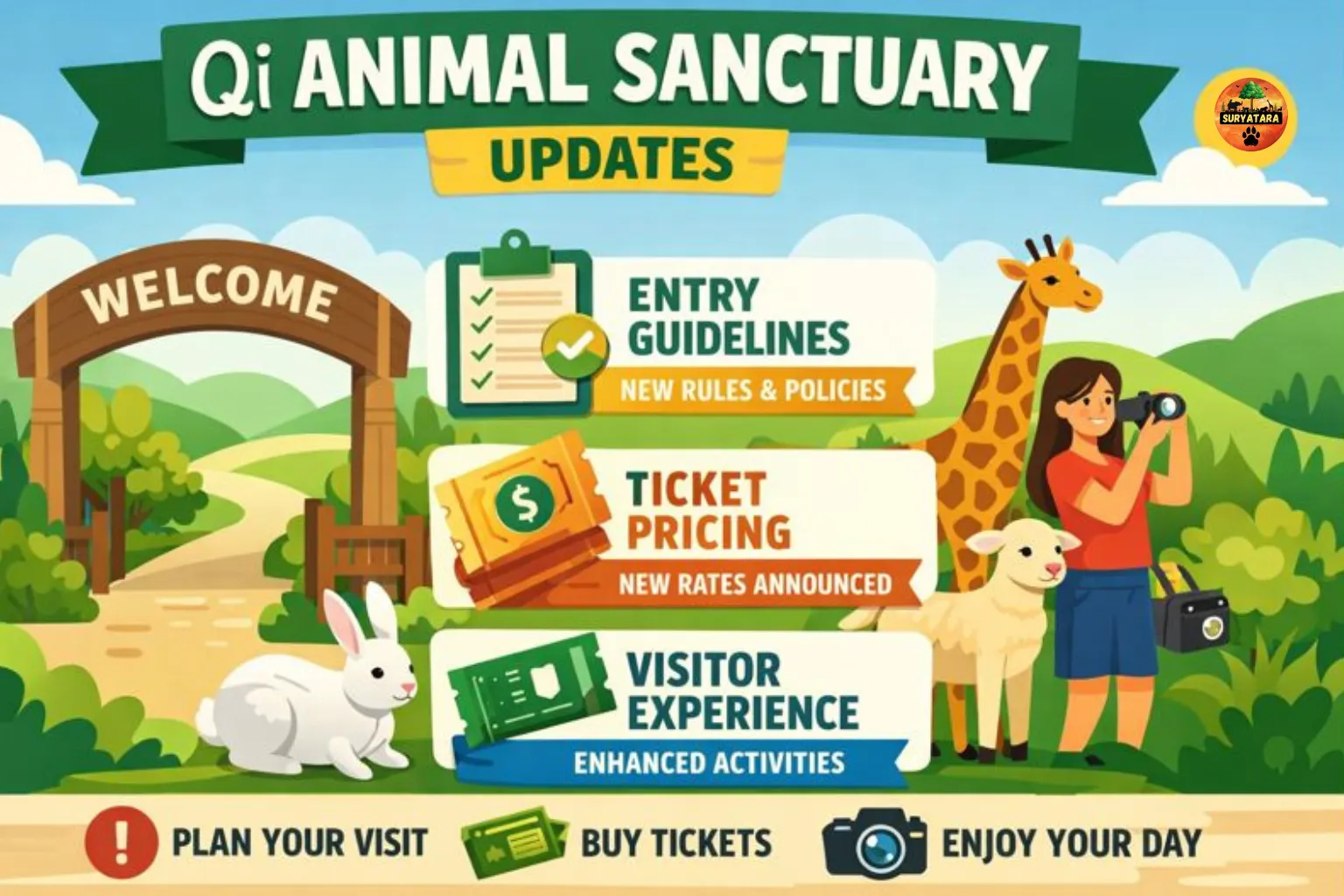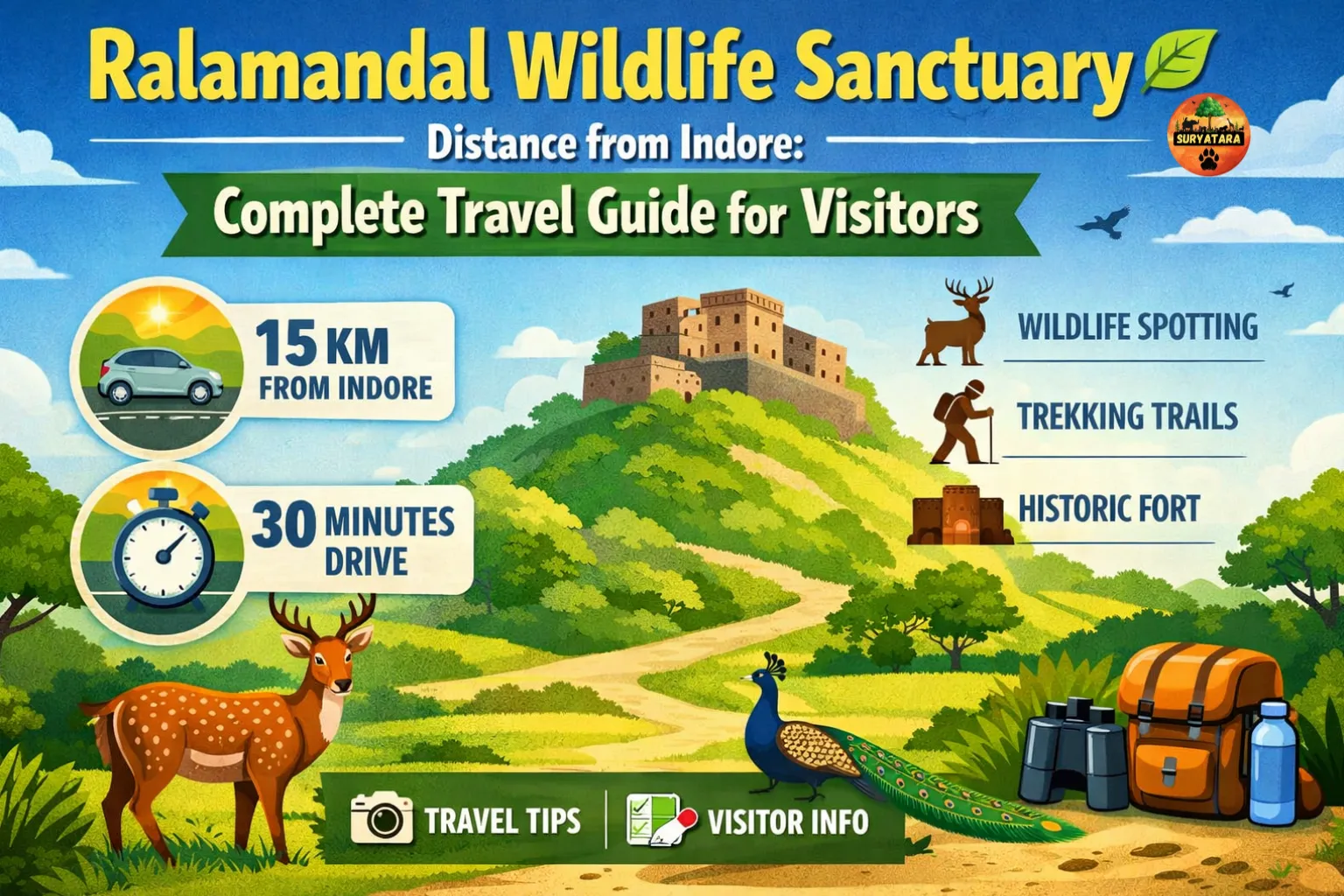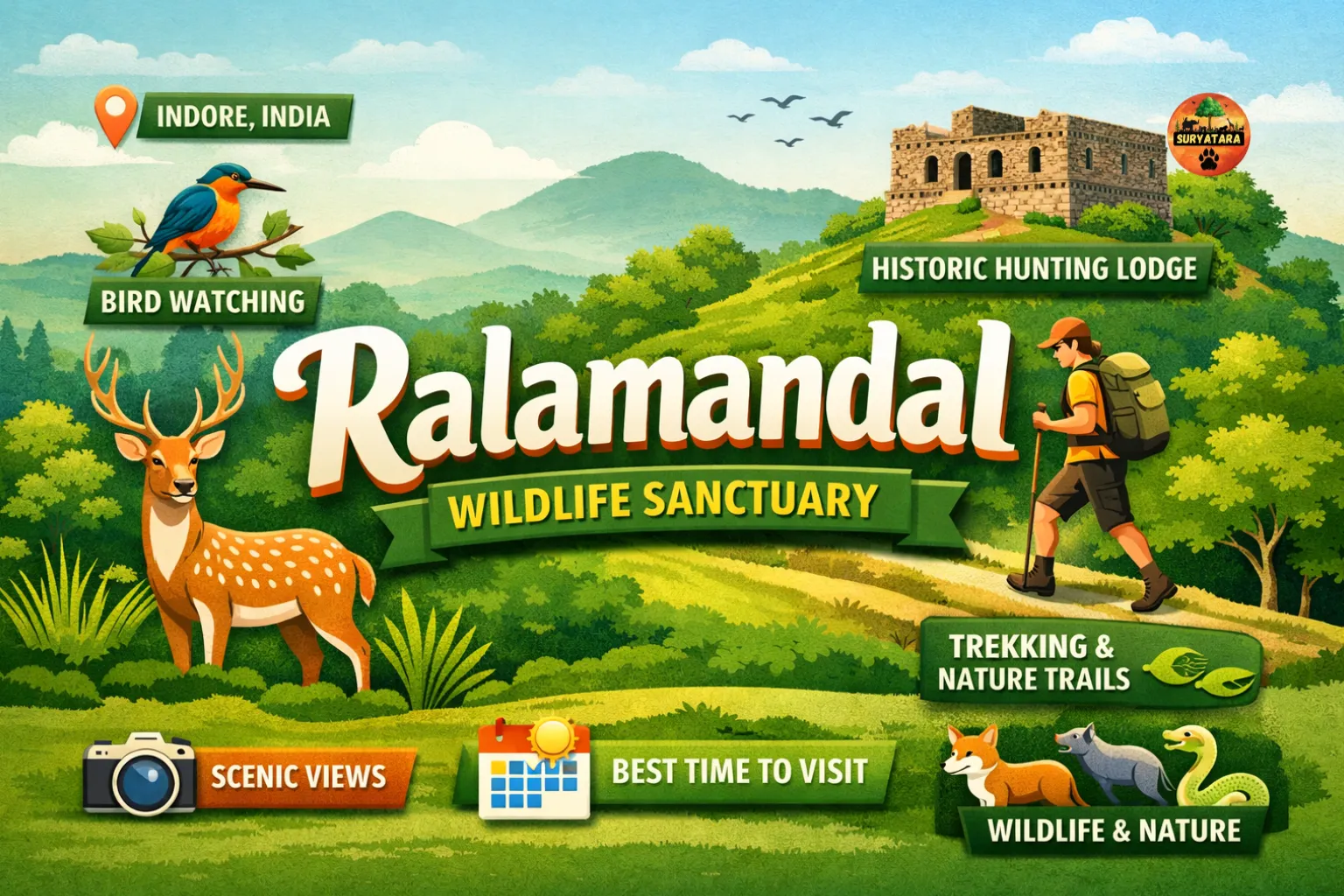Tadoba National Park is one of India’s most celebrated wildlife destinations, attracting nature lovers, photographers, and adventure seekers from across the globe. Located in the Chandrapur district of Maharashtra, Tadoba is famous for its thriving tiger population, diverse flora and fauna, and immersive safari experiences. If you’re planning a trip to witness the wild in its rawest form, Tadoba National Park should be at the top of your list.
Why Visit Tadoba National Park?
Tadoba National Park is not just about spotting tigers; it offers a holistic wildlife experience. Spread across approximately 625 square kilometers, the park is home to over 80 tigers, along with leopards, sloth bears, wild dogs, and an array of bird species. Its dense forests, lush landscapes, and well-maintained trails make it a perfect destination for safari enthusiasts.
Visitors often highlight the park’s natural beauty, especially during the monsoon and post-monsoon seasons when the vegetation is at its greenest, and waterholes attract a wide variety of animals. For photographers, Tadoba provides an unparalleled opportunity to capture wildlife in its natural habitat.
Best Time to Visit Tadoba National Park
The ideal time to visit Tadoba National Park is between October and June, when the park is open for safaris. The peak season, however, is from November to April, as animals tend to gather near water sources, making sightings easier. During the monsoon months (July to September), the park remains closed due to heavy rainfall, which ensures visitor safety and the protection of wildlife.
Safari Options and Wildlife Spotting
Tadoba offers guided safari tours through its core and buffer zones. Safaris are usually conducted in gypsies or can be arranged via private vehicles in some areas. The park’s well-planned routes increase the chances of spotting big cats and other wildlife.
Key Safari Routes in Tadoba National Park:
| Safari Zone | Duration | Notable Wildlife | Best Time of Day |
|---|---|---|---|
| Moharli Zone | 3–4 hours | Tigers, Leopards, Spotted Deer | Morning & Evening |
| Metgutad Zone | 3–4 hours | Sloth Bears, Wild Dogs | Morning |
| Kolsa Zone | 2–3 hours | Elephants, Various Birds | Evening |
| Core Zone | 3–4 hours | Big Cats, Deer, Langurs | Morning & Evening |
Each safari is guided by trained naturalists who provide insights into animal behavior, plant species, and conservation efforts. This makes the experience educational as well as thrilling.
Also read: Top Wildlife Parks in India: Best Time, Safaris, and Travel Tips
Flora and Fauna of Tadoba
Tadoba National Park boasts a rich variety of flora, including teak, bamboo, and several medicinal plants. The forest supports a healthy ecosystem where apex predators like tigers thrive alongside prey species such as chital and sambar deer. Bird watchers can spot species like the Indian roller, crested serpent eagle, and the Malabar pied hornbill.
The park’s ecosystem balance is critical for tiger conservation, making Tadoba an important location for wildlife research and environmental studies.
Accommodation Near Tadoba National Park
Visitors have a range of options for staying near Tadoba, from luxury jungle resorts to budget lodges. Many resorts offer safari packages, guided tours, and eco-friendly amenities. Staying close to the park increases the chances of early morning wildlife sightings, which are often the most rewarding.
Also read: Explore Similipal Tiger Reserve: Wildlife, Waterfalls, and Tribal Culture of Odisha
Tips for Visiting Tadoba National Park
- Book Safari in Advance: Safaris have limited seats, especially during peak season.
- Carry Binoculars & Camera: Essential for spotting distant wildlife.
- Dress Appropriately: Neutral colors are recommended; avoid bright clothes.
- Stay Hydrated: Carry water and light snacks.
- Respect Wildlife: Do not feed or disturb animals.
Also read: Rare Black Tiger Captured by Indian Photographer Shines on National Geographic’s October 2025 Cover
Conservation Efforts
Tadoba National Park is part of India’s Project Tiger initiative, which aims to preserve tiger populations and their habitats. Rangers and forest officials work tirelessly to monitor wildlife, prevent poaching, and maintain ecological balance. By visiting responsibly, tourists also contribute to these conservation efforts.
Conclusion
Tadoba National Park offers a truly immersive wildlife experience, combining adventure, education, and the thrill of spotting majestic tigers in the wild. With its rich biodiversity, well-maintained safari routes, and range of accommodations, Tadoba is an ideal destination for anyone seeking a connection with nature. Whether you are a seasoned wildlife photographer, a family looking for an adventurous getaway, or a nature enthusiast, Tadoba National Park promises memories that last a lifetime.










